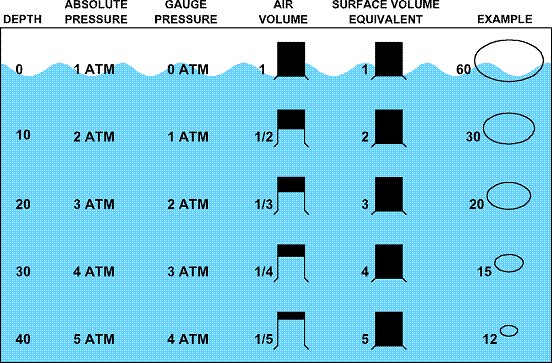|
|
|
Multiple experimental evidences have confirmed that at the molecular level, cancer is caused by lesions in cellular DNA.
Cancer has been around as long as humankind, but only in the second half of the twentieth century did the number of cancer cases explode.
Earwax has antimicrobial properties that reduce the viability of bacteria and fungus in the human ear.
A cataract is a clouding of the eyes' natural lens. As we age, some clouding of the lens may occur. The first sign of a cataract is usually blurry vision. Although glasses and other visual aids may at first help a person with cataracts, surgery may become inevitable. Cataract surgery is very successful in restoring vision, and it is the most frequently performed surgery in the United States.
In most cases, kidneys can recover from almost complete loss of function, such as in acute kidney (renal) failure.







